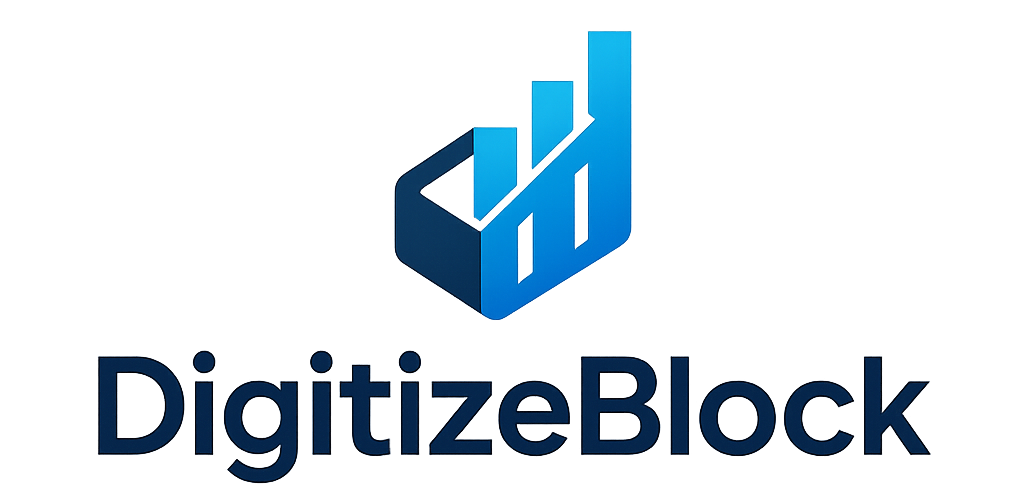Google to Replace Google Assistant with Gemini – What You Need to Know
Posted in :
Google has announced a major shift in its artificial intelligence strategy by planning to replace its widely used Google Assistant with a new AI system called Gemini. This development marks a significant step in the evolution of AI assistants and reflects Google’s commitment to delivering more advanced, intelligent, and versatile tools to users around the world. In this article, we will explore what Google Gemini is, why Google is making this change, and what users can expect from the transition.
What is Google Gemini?
Google Gemini is an advanced AI assistant designed to supersede the current Google Assistant. It is part of Google’s broader initiative to develop next-generation artificial intelligence that goes beyond voice recognition to include deeper contextual understanding and multimodal capabilities. Unlike Google Assistant, which primarily relies on voice commands and scripted responses, Gemini aims to interact with users in a more natural, conversational, and intuitive manner.
Gemini is built on cutting-edge AI research, integrating innovations in natural language processing, machine learning, and multimodal inputs such as images and text. The goal is to create an assistant that can understand complex queries, carry on extended conversations, and provide personalized, accurate responses in real-time. Gemini’s development reflects Google’s ambition to lead the AI space by offering a smarter and more human-like digital assistant.
Why is Google Replacing Google Assistant?
While Google Assistant has been successful in many respects, it faces limitations that have become increasingly apparent as user expectations grow. Many users find that Assistant struggles with nuanced conversations, contextual follow-ups, and complex tasks that require deeper understanding. Additionally, the growing demands for AI tools that can process diverse types of data—beyond voice—have pushed Google to rethink its approach.
Google Gemini is designed to overcome these challenges by offering enhanced capabilities in understanding context, managing longer interactions, and handling multiple modes of input. This means Gemini can better comprehend the intent behind user queries, recall previous interactions for continuity, and provide richer, more relevant information. By replacing Assistant with Gemini, Google aims to offer an AI experience that is not only more powerful but also more seamless and helpful.
Features and Capabilities of Google Gemini
One of the standout features of Google Gemini is its improved natural language understanding. It can process complex sentences, understand ambiguous requests, and interpret conversational nuances that were previously difficult for AI to handle. This makes interactions with Gemini feel more like talking to a human than issuing commands to a machine.
Gemini also supports multimodal interactions. Users will be able to combine voice, text, and images when interacting with the assistant, allowing for greater flexibility. For example, you might show Gemini a photo and ask questions about it or send a text command with additional context. This multi-input approach makes the assistant far more versatile in everyday use.
Integration with Google’s ecosystem is another key advantage. Gemini will seamlessly work with Google’s suite of apps and services, including Maps, Calendar, Gmail, and more, enabling personalized recommendations and proactive assistance. Third-party app support is also expected to expand, providing users with a broader range of functionalities.
Personalization is at the heart of Gemini’s design. Using AI to learn from user preferences, habits, and past interactions, Gemini will offer tailored suggestions, reminders, and insights that fit each individual’s lifestyle and needs.
Impact on Users and Devices
For existing users of Google Assistant, the transition to Gemini is expected to be smooth. Google plans to roll out Gemini updates gradually, starting with select devices and regions. Devices that currently support Google Assistant, such as Pixel phones, Nest speakers, and smart displays, will receive Gemini capabilities through software updates.
The user experience will evolve as Gemini introduces more natural and interactive dialogues. Users may notice changes in the interface and how the assistant responds, but the core goal is to enhance usability and make interactions more meaningful.
Google will also provide resources and support to help users adapt to the new assistant, ensuring that they can maximize the benefits of Gemini without disruption.
Comparison: Google Assistant vs Gemini
When comparing Google Assistant with Gemini, the differences are clear in terms of intelligence and functionality. Google Assistant offers reliable voice command support for everyday tasks like setting reminders, playing music, or checking the weather. However, it can struggle with complex queries or follow-up questions.
Gemini’s advanced AI allows it to handle more sophisticated conversations, remember context across sessions, and incorporate multimodal inputs. It is better suited for tasks that require reasoning, personalization, and adaptability.
While Google Assistant served as an important foundation, Gemini represents the future of AI assistants by delivering a richer, more dynamic user experience.
What to Expect Moving Forward
Google has not provided a definitive launch date for Gemini yet, but indications are that it will begin a phased rollout in the coming months. The company is likely to continue refining Gemini through user feedback and technological advancements.
As Gemini becomes widely available, we can expect ongoing improvements in AI capabilities, increased integration with smart home and business devices, and a stronger focus on privacy and security.
Gemini is part of a broader trend in artificial intelligence that seeks to create more natural, intelligent, and proactive assistants capable of supporting users in everyday life and work.
Conclusion
The introduction of Google Gemini as a replacement for Google Assistant marks a transformative moment in the world of AI assistants. By leveraging advanced technologies in natural language understanding, multimodal interaction, and personalization, Gemini promises to deliver a smarter and more helpful experience. As Google transitions to this new platform, users should look forward to enhanced AI interactions that are more intuitive and responsive.
Staying informed about these changes will help users and businesses alike prepare for the future of digital assistants. Google Gemini represents a major leap forward in AI, and it is poised to reshape how we engage with technology daily.
